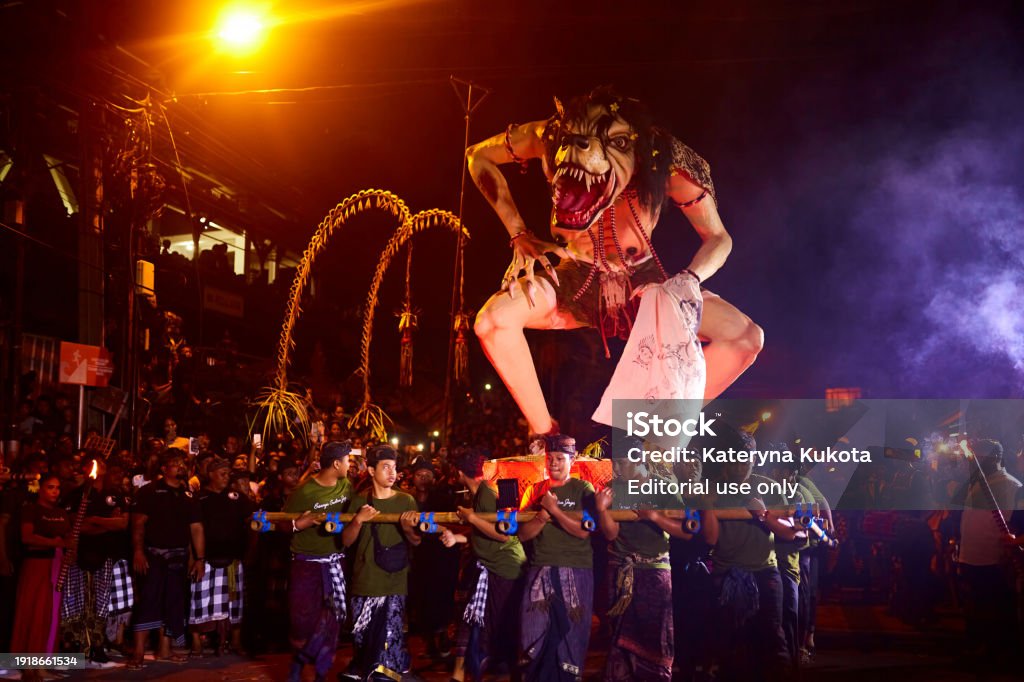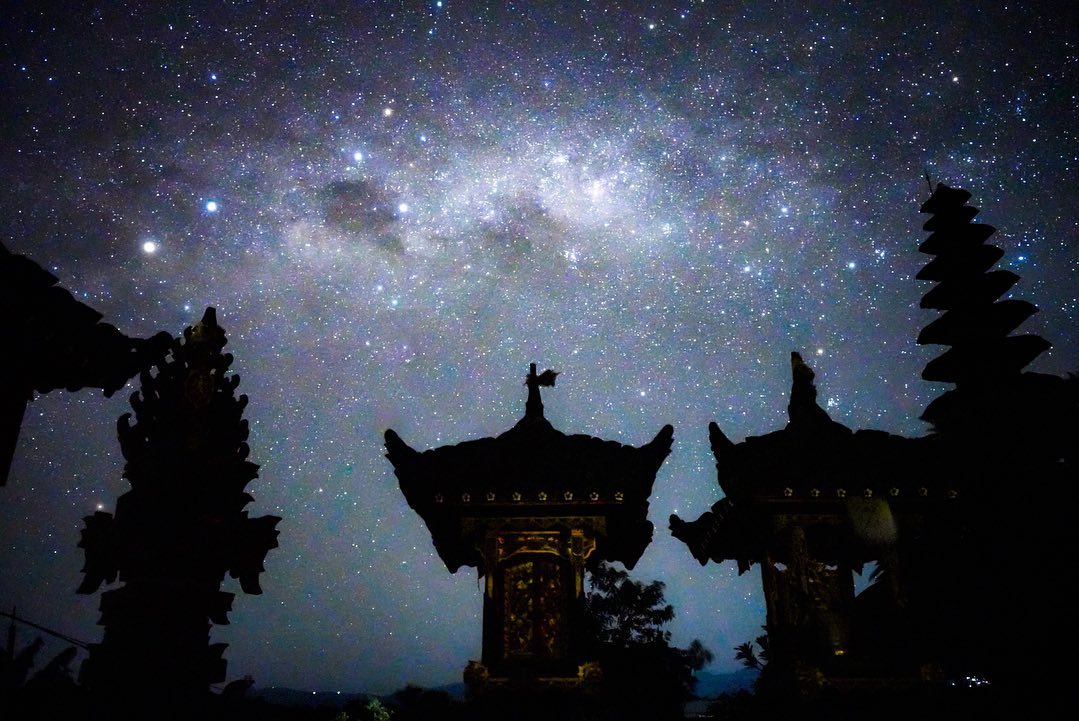Bali is commonly known as the “Island of the Gods”. It is famous for its beautiful beaches, lively culture, and welcoming locals known for their warm hospitality. But beyond the postcard-perfect scenery lies a unique tradition—Nyepi, also known as the “Silent Day.” This day of introspection and purification offers a glimpse into the heart of Balinese Hinduism. It presents a truly unforgettable experience for respectful tourists.
What is Nyepi?
Nyepi signifies the beginning of the Balinese Saka calendar, a lunisolar calendar based on moon and sun cycles. Celebrated annually, it’s a day dedicated to self-reflection, spiritual cleansing, and renewal. The core belief behind Silent Day is to create a state of complete silence, allowing for the purification of the island from negative energies accumulated throughout the previous year. This purification paves the way for a fresh start and a prosperous year.
What Happens During Silent Day?
The observance of Nyepi is a meticulously structured 24-hour period divided into four distinct phases:
- Melasti: This precedes Nyepi by a few days and involves a purification ritual where sacred objects and offerings are carried to the beach.
- Catur Brata: On the eve of Nyepi, a series of four prohibitions, known as Catur Brata, come into effect. These restrictions encompass no fire (no cooking or lighting), no work (including staying indoors), no travel (streets are deserted), and no entertainment (including no loud noises or music). The island transforms into a scene of serenity, with only the occasional sound of nature breaking the silence.
- Nyepi Day is the heart of the celebration, a day of complete stillness. The streets are deserted, with no vehicles, lights, or people venturing outside. Even the airport ceases operations for 24 hours. Balinese Hindus spend this day in prayer, meditation, and introspection, seeking inner peace and spiritual cleansing.
- Ngeruak: Marking the end of Nyepi, this vibrant ritual involves a parade of giant papier-mâché ogoh-ogoh effigies representing evil spirits. These ogoh-ogoh are then paraded through the streets and eventually burned in a symbolic act of driving away negativity. The following day resumes normalcy, with a festive atmosphere replacing the prior silence.

What can you expect as a tourist during Nyepi?
As a tourist visiting Bali during Nyepi, it’s crucial to understand and respect the sanctity of this sacred day. Here’s what you can expect:
- Limited Movement: During Silent Day, you’ll be confined to your hotel or villa. Most shops and restaurants will be closed, so plan by stocking up on any essentials you need beforehand.
- Peace and Quiet: Embrace the unique opportunity to experience a day of complete silence. Enjoy the serenity, catch up on reading, or relax and reflect.
- Witnessing Traditions: If you’re fortunate, you might see the Melasti purification ritual or the lively Ngeruak parade on the days flanking Nyepi.
Tips for Respecting Silent Day
As a guest on the island, being a respectful visitor during Nyepi is essential. Here are some helpful tips:
- Plan your trip: Check the Nyepi dates beforehand to avoid scheduling your arrival or departure on that day.
- Stock Up: Purchase any necessary groceries, water, and medications before Silent Day to avoid inconvenience.
- Minimize Noise: Keep noise levels down within your accommodation, respecting the silence the Balinese observe.
- Dress Modestly: If you witness any pre- or post-Nyepi ceremonies, dress modestly out of respect for the local customs.
- Observe and Learn: Approach Nyepi as a cultural learning experience. Ask your hotel staff about the traditions and observe the rituals with respect.
Beyond the Silence: The Significance of Nyepi
Nyepi offers a unique opportunity to delve into the heart of Balinese Hinduism and witness a profoundly spiritual tradition. It’s a powerful reminder of the importance of introspection, self-renewal, and living in harmony with nature. By respecting Nyepi, you preserve this ancient tradition and foster a sense of cultural exchange. While your travel plans might be slightly adjusted, embrace the opportunity to experience the serenity of Silent Day and gain a deeper appreciation for the rich tapestry of Balinese culture.



